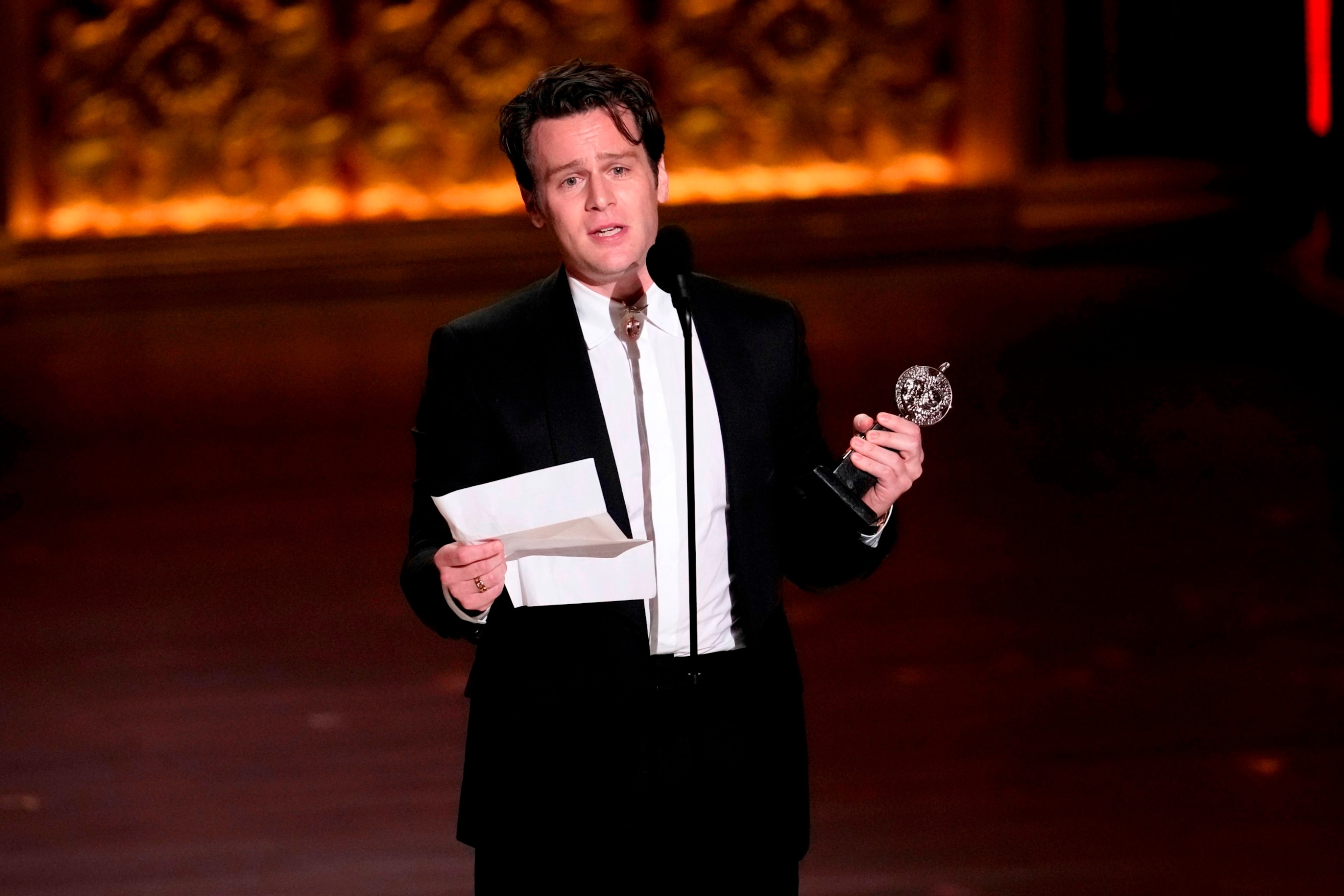Game Industry Cuts: Accessibility Takes The Hit

Table of Contents
The Financial Pressure on Game Development
Rising Development Costs and Shrinking Margins
The modern video game landscape is fiercely competitive. Creating a triple-A title involves staggering costs: expensive game engines, extensive marketing campaigns, and the need to attract and retain top-tier development talent all contribute to rising development budgets. This, coupled with the pressure to deliver high returns for investors, often forces difficult decisions regarding resource allocation.
- Increased competition in the market: The sheer number of games released each year intensifies competition, necessitating larger marketing budgets to ensure visibility.
- Pressure to meet investor expectations for high returns: Investors demand significant returns on their investments, increasing the pressure on studios to minimize costs and maximize profits.
- Rising salaries for skilled developers: The demand for experienced game developers continues to outpace supply, driving up salaries and contributing to increased development costs.
These financial pressures frequently lead to difficult choices. Sadly, accessibility features, often perceived as non-essential add-ons, are frequently deemed expendable in cost-cutting measures.
Accessibility Features Often the First to Be Cut
The Perceived "Low ROI" of Accessibility
A common, yet misguided, justification for cutting accessibility features is the perceived low return on investment (ROI). Many studios underestimate the impact of accessibility features on sales, believing they won’t significantly increase their player base.
- Difficulty in accurately measuring the impact of accessibility features on sales: Quantifying the direct impact of accessibility features on sales is challenging. Many players who benefit from these features might not explicitly state it as their purchasing reason.
- Underestimation of the size and purchasing power of the disability community: The disability community represents a significant portion of the potential gaming audience, possessing considerable purchasing power that is often overlooked.
- Focus on maximizing short-term profits over long-term social responsibility: The emphasis on immediate financial returns often overshadows the ethical considerations and long-term benefits of inclusive game design.
This flawed logic perpetuates a cycle of exclusion, neglecting the significant potential market and ethical responsibility of creating games accessible to everyone.
The Impact on Gamers with Disabilities
Exclusion from the Gaming Community
The absence or removal of accessibility features has profound consequences for gamers with disabilities. It leads to feelings of exclusion, frustration, and ultimately, prevents them from enjoying the same gaming experiences as their able-bodied counterparts.
- Inability to play games due to lack of necessary features (e.g., subtitles, controller customization): Many games are simply unplayable without essential accessibility features like adjustable subtitles, customizable controls, and colorblind modes.
- Limited representation of disabilities in game characters and narratives: The lack of representation further isolates gamers with disabilities, reinforcing feelings of invisibility and otherness.
- Negative impact on mental health and well-being due to exclusion: The inability to participate in a beloved hobby can have significant negative effects on mental health and social well-being.
Prioritizing profits over inclusivity has a real human cost, silencing the voices and experiences of a significant portion of the gaming community.
Promoting Accessible Game Design: A Necessary Shift
Investing in Inclusive Design from the Start
The solution isn't to add accessibility features as an afterthought; it’s to integrate accessibility into the game design process from the very beginning. This requires a paradigm shift towards universal design principles.
- Benefits of universal design principles – making games accessible to everyone without compromising the overall experience: Universal design ensures that accessibility benefits all players, not just those with disabilities, often enhancing the overall gameplay experience.
- Utilizing assistive technologies and inclusive design tools during development: Employing assistive technologies and inclusive design tools from the outset streamlines the development process and ensures accessibility is fully considered.
- The potential for increased player base and positive brand image with inclusive game design: Companies that prioritize accessibility demonstrate social responsibility and tap into a largely untapped market, improving their brand image and potentially boosting sales.
By incorporating accessibility as a core design principle, developers can create richer, more inclusive gaming experiences that benefit everyone.
Conclusion
Game industry cuts disproportionately impact accessibility features, leading to the exclusion of gamers with disabilities. This not only undermines the ethical responsibility of game developers but also overlooks a significant market segment. The financial pressures on game development are undeniable, but prioritizing short-term profits over inclusive design is a shortsighted strategy. We need a fundamental shift towards incorporating accessibility into the core design principles of game development from the outset. Game developers, publishers, and players must collectively advocate for better accessibility in games, ensuring that everyone can enjoy the magic and wonder of the gaming world. Let's fight against game industry cuts that negatively affect accessibility in gaming and build a more inclusive future for all gamers.

Featured Posts
-
 Analyzing Jonathan Groffs Chances At A Tony For Just In Time
May 24, 2025
Analyzing Jonathan Groffs Chances At A Tony For Just In Time
May 24, 2025 -
 Mitarbeiterin Gesteht Bestechung Uni Duisburg Essen Im Skandal
May 24, 2025
Mitarbeiterin Gesteht Bestechung Uni Duisburg Essen Im Skandal
May 24, 2025 -
 Pobediteli Evrovideniya Poslednie 10 Let Gde Oni Seychas I Chem Zanimayutsya
May 24, 2025
Pobediteli Evrovideniya Poslednie 10 Let Gde Oni Seychas I Chem Zanimayutsya
May 24, 2025 -
 Memorial Day 2025 Air Travel When To Fly And When Not To
May 24, 2025
Memorial Day 2025 Air Travel When To Fly And When Not To
May 24, 2025 -
 89 Svadeb V Krasivuyu Datu Na Kharkovschine Rekord Dnya
May 24, 2025
89 Svadeb V Krasivuyu Datu Na Kharkovschine Rekord Dnya
May 24, 2025
Latest Posts
-
 Trade War Intensifies Another Downturn For Dutch Stocks
May 25, 2025
Trade War Intensifies Another Downturn For Dutch Stocks
May 25, 2025 -
 Heineken Reaffirms Financial Outlook Amidst Global Tariff Challenges
May 25, 2025
Heineken Reaffirms Financial Outlook Amidst Global Tariff Challenges
May 25, 2025 -
 Ai And The Future Of Healthcare Key Findings From The Philips Future Health Index 2025
May 25, 2025
Ai And The Future Of Healthcare Key Findings From The Philips Future Health Index 2025
May 25, 2025 -
 Mercati Azionari Europei Analisi E Prospettive
May 25, 2025
Mercati Azionari Europei Analisi E Prospettive
May 25, 2025 -
 Heineken Revenue Surpasses Projections A Closer Look At The Results
May 25, 2025
Heineken Revenue Surpasses Projections A Closer Look At The Results
May 25, 2025
